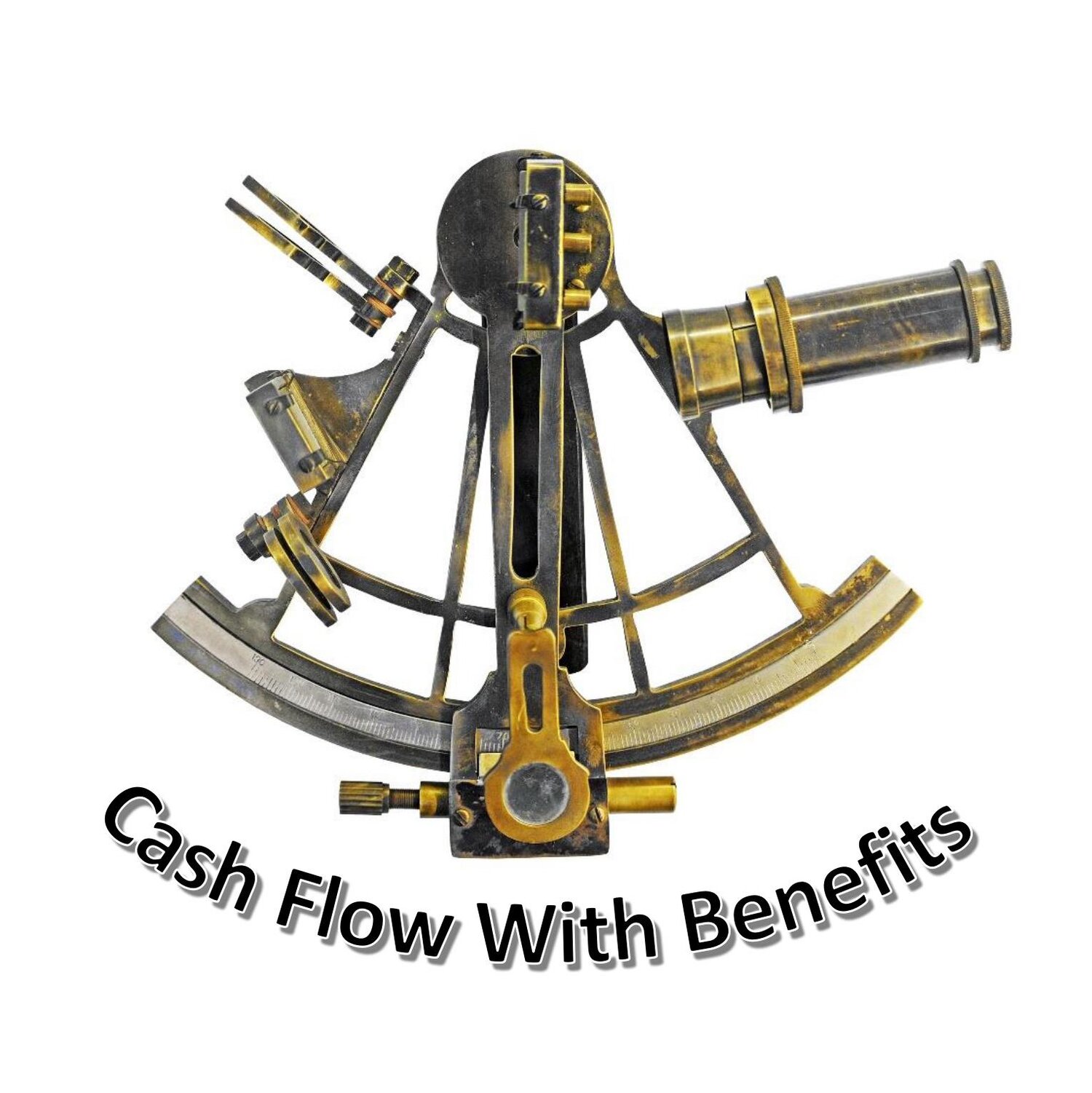Many people think about life insurance as strictly a death benefit. A few more savvy individuals know that this death benefit is NOT taxable to the beneficiaries. However, only the truly astute understand the tax advantages that permanent life insurance offers (as opposed to term life) not only to beneficiaries but to policy owners, providing living benefits to be used in life. After all, it is called “life” insurance for a reason.
So, diving right in, the most obvious tax benefit of life insurance is the fact that the beneficiaries of a life insurance death benefit do not pay income tax on the proceeds. This is the only tax benefit that is offered by ALL types of life insurance policies INCLUDING term life and the various types of permanent life insurance. The amount of death benefit received by your beneficiary does not constitute taxable income.
In fact, 26 U.S. Code Sec. 101, subsections (a) and (g), of the I.R.S. Tax Code provides that “proceeds from a life insurance policy payable by reason of death” are generally NOT included in the GROSS INCOME of the payee. EVEN in circumstances where “accelerated benefits” are paid to the policy holder, perhaps because they are terminally ill, this code section applies so that taxable income is not recognized.
What many people do NOT know, is that one of the advantages of cash value life insurance is that cash value increase (or “gain”) is not realized (for tax purposes) until the gain is withdrawn from the policy. And, the only way a cash withdrawal from your life insurance is taxed is if the amount withdrawn exceeds your basis, i.e. how much premiums you have paid into your policy.
This is true as long as the policy qualifies as an insurance contract EVEN IF strategies are used to maximize the policy cash value through paid up additions.
In addition, for certain types of permanent life insurance policies, namely participating (mutual) life insurance policies that pay dividends, the additional tax benefit of “tax free dividends” is available.
So, the combination of tax free dividend reinvestment and tax advantaged cash value growth is extremely powerful. Finally, as we've mentioned, policy loans can be utilized tax free, creating an amazing wealth building vehicle.
